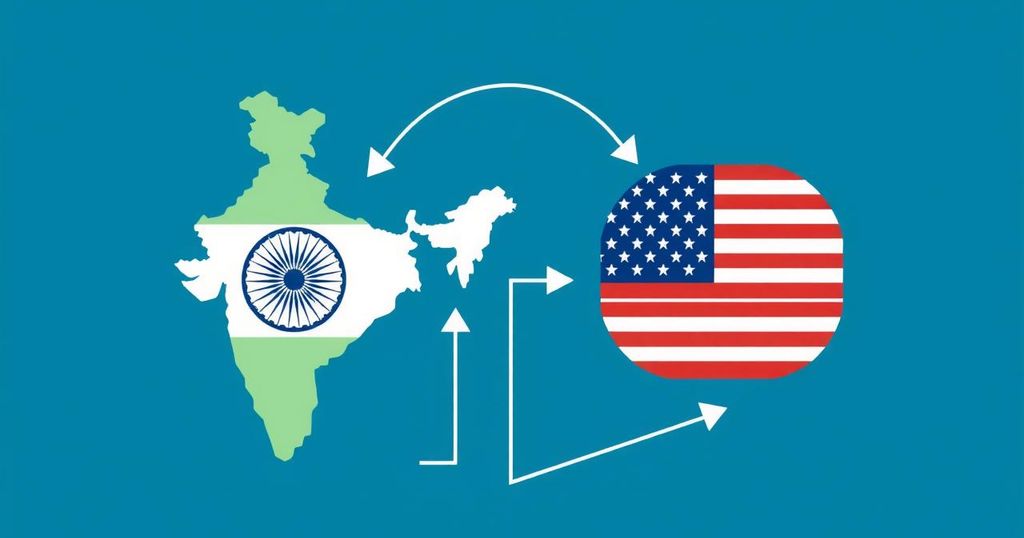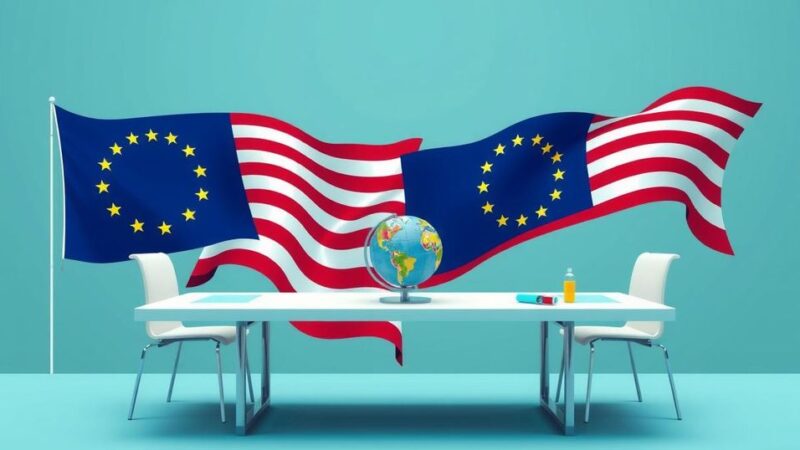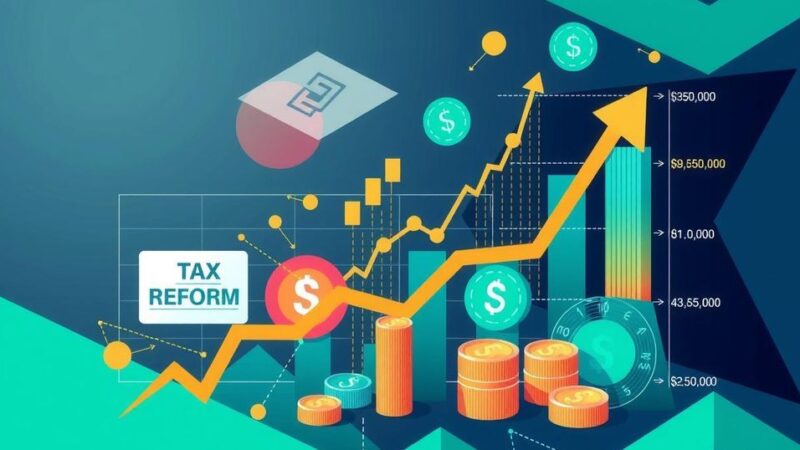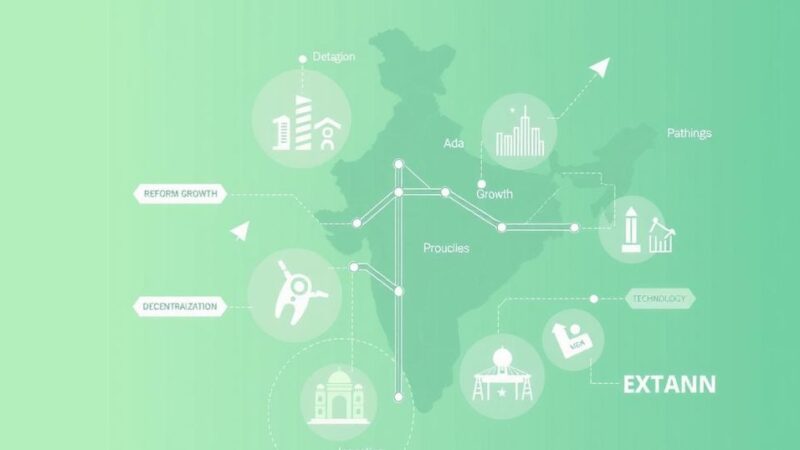India’s response to US mercantilism should focus on promoting a fair global economic system instead of entering unfavorable trade agreements. Data shows that India’s exports are minimal, and Trump’s claims regarding Indian tariffs are misleading. The US’s trade negotiations focus on sensitive sectors like agriculture, raising concerns over food security. For India, advocating for multilateralism and addressing internal inequalities are essential for economic resilience against US demands.
India’s economic future hinges on its ability to advocate for a fair global economic system instead of engaging in unfavorable agreements driven by US mercantilism. The United States has taken on a rogue role in global economics, moving away from the Washington Consensus and established trade liberalization principles of the World Trade Organization (WTO). While these policies benefited developed nations, they also resulted in significant adverse effects for less affluent populations in those countries, paving the way for political shifts such as the election of Donald Trump.
Trump’s administration is now undermining the global trading framework, which disrupts established trade norms. The rhetoric directed towards India accuses it of maintaining high tariffs. However, data demonstrates that India’s merchandise exports are minimal compared to global totals, highlighting that the nation is not profiting from excessive tariffs but is instead engaged in a broader struggle for fair trade dynamics.
In 2023, India’s merchandise exports totaled $431.5 billion, accounting for less than 2% of the global market, in stark contrast to China’s $3.4 trillion and the US’s $2 trillion. This low export share indicates that India has not leveraged tariffs for mercantilist growth. Vietnam and other countries contribute significantly more to the US trade deficit than India does, calling into question Trump’s narrative against India’s trade practices.
Recently, the US has sought to negotiate trade arrangements that would require India to reduce its tariffs. However, the economic viability of US exports to India is limited due to the high price point of American goods. An example is luxury car sales; despite impressive numbers in India, overall sales remain minimal compared to markets like China, where consumers are more numerous and affluent.
A major concern is the US’s interest in India’s agricultural sector, where US subsidies create a massive competitive edge. The US agricultural sector benefits from $118 billion in financial support, creating significant disparities when compared to India’s agricultural support. Reducing tariffs in this arena could jeopardize India’s food security and the livelihoods of millions of farmers, making such negotiations incredibly precarious.
Trump’s accusations regarding India’s trade practices raise critical questions about the representation and defense of India’s economic interests. The historical context, wherein India played a significant role at the 2001 Doha WTO Ministerial, illustrates that there has been a consistent thread of advocating for equitable trade based on multilateralism. India must regain that stance and not succumb to unfavorable bilateral deals that jeopardize its economic stability.
The current Indian government risks reinforcing inequities within its own economy while addressing external pressures from the US. Existing narratives surrounding India’s economic growth often obscure stark regional inequalities and agitate for progress at the expense of the poorest citizens. Effective dialogue addressing these issues is vital, particularly as countries like India represent broader global concerns that transcend individual national interests.
For meaningful change in the global economic landscape, countries such as India must raise their voices against systemic injustices rather than capitulating to pressures from powerful economies like the US. Transforming the inequitable status quo necessitates discourse surrounding inequality and addressing its foundational causes, rather than sidestepping these realities in favor of short-term gains from superficial welfare measures. This represents a significant challenge for India’s political class, predominantly affluent and disconnected from the plights of the average citizen.
India faces a crucial period where it must redefine its engagement with global trade, particularly in light of pressures from the US. Advocating for a more equitable economic system is imperative to counteract the negative effects of US mercantilism. To protect its economic interests, India should not only negotiate trade terms that favor its development but also uphold the principles of multilateralism that prioritize fairness over exploitation. Addressing internal inequalities is vital for India to present a strong front on the global stage, ensuring its economic destiny aligns with the broader aspirations of the Global South.
Original Source: www.hindustantimes.com






